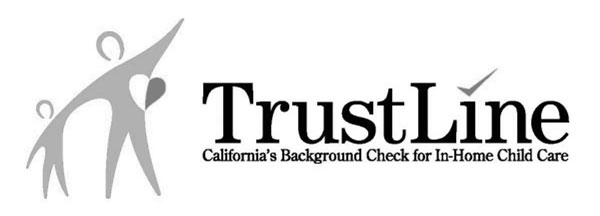Chores aren’t just about keeping the house tidy; they’re vital for teaching children responsibility and essential life skills. As Dr. James Sears, co-author of “Father’s First Steps: 25 Things Every Dad Should Know,” emphasizes, “When kids do chores, they’re learning that life requires work.” This foundational understanding shapes their attitudes toward responsibilities later in life.
Making Chores Engaging and Predictable
One effective way to integrate chores into family life is by making them predictable. Establishing a consistent chore routine, such as dedicating Saturday mornings from 8 to 9, eliminates battles over when tasks should be done. This approach ensures that children understand and anticipate their responsibilities each week, fostering a sense of routine and reliability.
Tailoring Chores by Age
Assigning age-appropriate tasks is crucial for making chores manageable and meaningful for children.
- Younger Children (4-7): Sorting socks, putting away toys, and helping with simple meal preparations.
- Middle Childhood (8-11): Loading the dishwasher, folding laundry, and caring for pets.
- Early Teens (12-13): Handling more complex chores like lawn mowing and preparing meals.
Personalizing chores based on a child’s abilities and interests builds self-reliance and enhances their sense of accomplishment.
Introducing Fun and Variety with Chore Boards
Homey and Cozi Family Organizer are two popular tools that transform chore management into an engaging experience:
- Homey integrates chore tracking with rewards, motivating children to complete tasks through a points-based system. It encourages a sense of achievement and responsibility.
- Cozi Family Organizer offers a comprehensive approach, combining chore lists with family schedules and grocery lists to ensure chores fit seamlessly into daily life.
Both tools utilize digital chore boards that can be accessed via mobile devices, making it easy for parents and children to track progress and celebrate achievements together.
Visualizing Progress and Managing Expectations
Visual aids like magnetic chore charts on the refrigerator help children see their responsibilities clearly. These charts, inspired by Dr. Sears’ family practices, provide a visual reminder of tasks and promote accountability within the household. For tech-savvy families, apps like those integrated into Cozi and Homey offer additional features like randomized chore assignments and progress tracking, enhancing engagement through modern technology.
Addressing Challenges with Realistic Expectations
Managing chore-related whining and maintaining realistic standards are ongoing challenges. Strategies like implementing a “2-for-1” policy for complaining about chores, as suggested by Dr. Sears, teach children the consequences of negative behavior while reinforcing the importance of completing tasks without complaint.
Listening and Encouraging Growth
Listening to children’s concerns and offering support when tasks seem overwhelming builds a collaborative approach to chore completion. Parents and childcare professionals are encouraged to assist when needed, fostering a sense of teamwork rather than punishment.
Integrating chore boards like Homey and Cozi Family Organizer into daily routines teaches children essential life skills and makes chores enjoyable and rewarding. By leveraging these tools, parents, nannies, or childcare providers can instill responsibility early on, setting the stage for a lifetime of productive habits and positive attitudes toward work.







